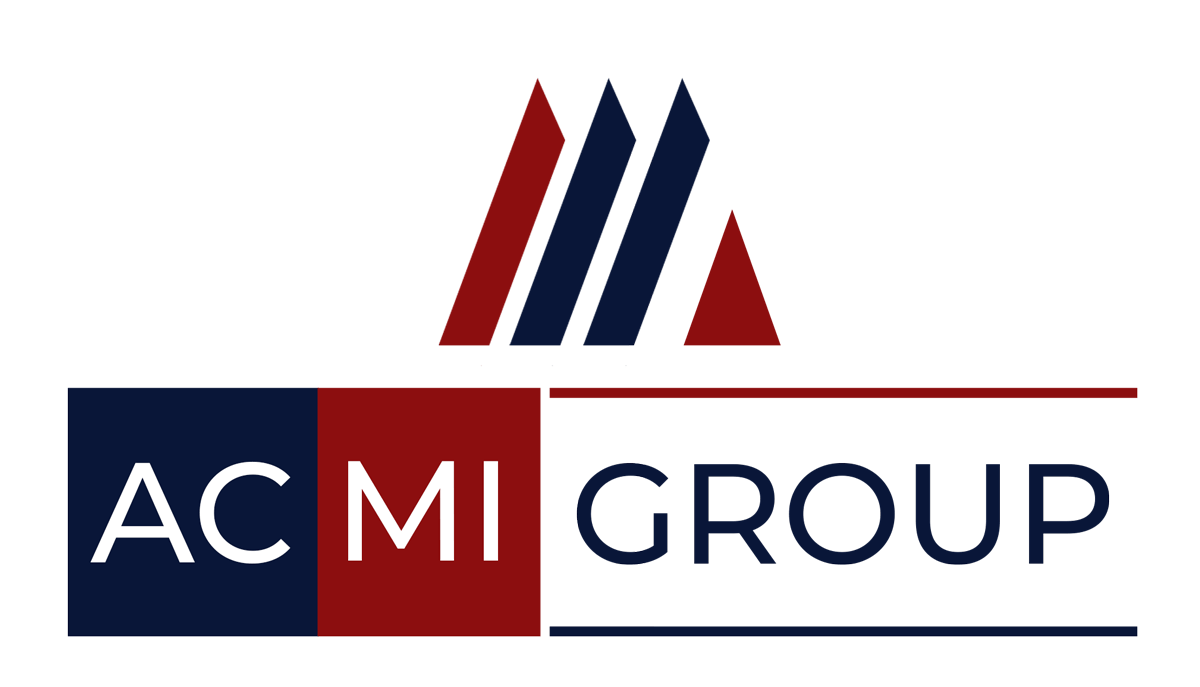Address
No 09-5/1, Station Road, Colombo 04, Sri Lanka
Work Hours
Monday to Friday: 8.30 AM - 5 PM
Major VAT Reforms in Sri Lanka: What You Need to Know and Why Acting Now Matters
Sri Lanka’s tax landscape is about to undergo significant changes. With the enactment of the Value Added Tax (Amendment) Act No. 04 of 2025, businesses must prepare for a new phase of VAT compliance and enforcement. These reforms, effective from April and October 2025, are expected to have a direct and wide-reaching impact across sectors—especially for importers, exporters, and digital service providers.
Understanding these changes and responding proactively is not optional. It’s essential to avoid penalties, ensure compliance, and stay competitive.
Here’s a summary of what’s changing—and why it matters.
Starting July 1, 2025, all VAT returns must be filed electronically. The Inland Revenue Department (IRD) will only accept manual submissions in rare cases and with prior written approval from the Commissioner General. This move aims to streamline tax administration but will also expose non-compliant businesses to greater scrutiny and enforcement.
Why it matters: If your business isn’t set up for e-filing, now is the time to act. Delay could lead to late filing penalties and operational disruption.
From October 1, 2025, VAT will apply to digital services offered by non-resident providers to consumers in Sri Lanka. This includes streaming, software subscriptions, advertising services, and any digital transactions conducted through electronic platforms.
Why it matters: Digital businesses must register for VAT and comply with reporting standards, or risk facing non-compliance issues and financial exposure.
The Simplified VAT Scheme will be discontinued from October 1, 2025. It will be replaced by a Risk-Based Refund Scheme, under which eligible exporters and strategic suppliers can claim refunds within 45 days—only if they meet documentation and compliance criteria.
Why it matters: Businesses relying on the simplified scheme must reassess their VAT processes and ensure all refund claims are properly documented.
The IRD has made VAT registration mandatory for all commercial importers and exporters, regardless of turnover or prior exemptions.
Why it matters: If your business is involved in cross-border trade, you must now register for VAT. Non-compliance will result in legal and financial consequences.
Effective April 11, 2025, VAT is exempt on:
Locally produced milk and yogurt (with 50%+ local fresh milk)
Naphtha supplied to the Ceylon Electricity Board (CEB) for electricity generation
Meanwhile, VAT exemptions have been lifted on the import of aircraft engines and spare parts, identified under specific HS codes.
These changes are not minor. They introduce new risks, new compliance requirements, and new systems that your business must adapt to. The transition isn’t just about understanding the law—it’s about applying it correctly and on time.
Working with a qualified tax consultant can help you:
Stay compliant and avoid penalties
Navigate VAT registration and filing
Properly document transactions for refunds
Understand industry-specific implications
The earlier you act, the better positioned you’ll be. Contact our team today to prepare your business for the new VAT era—with clarity, accuracy, and peace of mind.
Get in touch with us to take care of your processes allowing you more time to focus on what matters.

